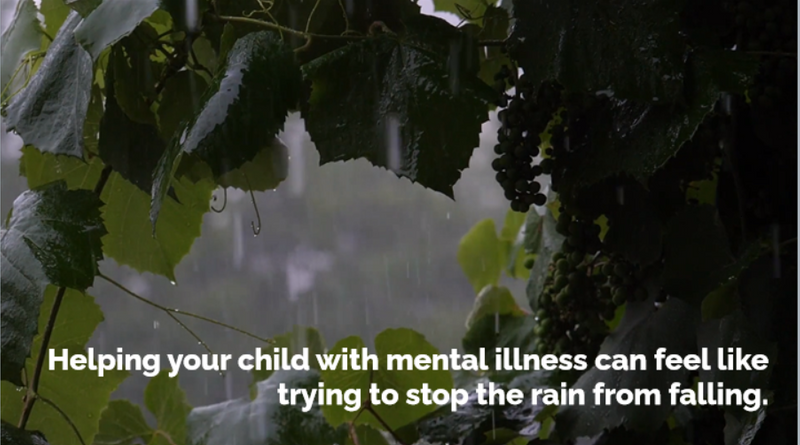
This logo isn't an ad or affiliate link. It's an organization that shares in our mission, and empowered the authors to share their insights in Byte form.
Rumie vets Bytes for compliance with our
Standards.
The organization is responsible for the completeness and reliability of the content.
Learn more
about how Rumie works with partners.
Be Aware Of Signs And Symptoms
It's essential that you keep an eye out for signs and symptoms such as:
Changes in behavior — sleeplessness or interrupted sleeping
Changes in feelings and emotions — persistent sadness
Changes in thinking — excessive worrying or fear about something
Physical symptoms like stomach pain that might reveal mental changes
You can find more detailed lists of symptoms and signs from professional health organizations.

Quiz
Your child is experiencing some challenges. Which one is most likely to be a warning sign of mental health concerns?
Insomnia or difficulty sleeping is a common symptom of a mental health condition. It's ongoing, lasting two or more weeks, which helps distinguish it from a single instance or event.
Educate Yourself
Learning more about your child's mental health condition will give you some control and let you care for your child in ways that help both of you.
Read books from credible authors on the subject
Ask your child's doctor or mental health provider questions to become knowledgeable about their condition

Did you know?
Rumie is a nonprofit community dedicated to making innovative learning free for everyone.
Seek Professional Help
As soon as you notice signs and symptoms, it's important to get professional help for your child.
Your child's doctor can refer you to a licensed mental health professional, or you can seek referrals from your trusted community network.
If you think the first available practitioner isn't the right fit for your child, this Byte will help you choose one who is. If a referred professional has a full practice, ask them for another referral until you find someone who connects with you and your child.
If cost is a barrier to seeking treatment, check with your local public health agency or your child's doctor for resources to help financially with mental health treatment for children.

Educate Your Child And Caregivers

Your child should know about their mental health condition. You can make the topic appropriate for their age, but it's essential for them to know about what it is, why it's happening, and helpful strategies to manage it.
Younger children are curious and may ask you questions. Answer their questions as best you can or ask their mental health provider if you need more information.
Older children may want to look for answers themselves. Direct them to medically correct information online so they're factually informed.
Caregivers, teachers, and other adults in your child's life will benefit from a working knowledge of your child's condition.
Schedule time to share what they need to know and strategies to help them work with your child.

Support Yourself And Your Family
Your child needs a healthy support network, so you have to feel supported, too! Your relationship with your child will thrive when other relationships are strong.
Consider family or personal counseling to cope and gain strategies or support
Seek out parental support networks locally or online
Make quality time for your other children and partner, if applicable
Make quality time for yourself

Take Action

This Byte has been authored by
Susan Ogilvie
Instructional Designer
This Byte has been reviewed by
Yasmin R. Singh
RP (Qualifying), MA
